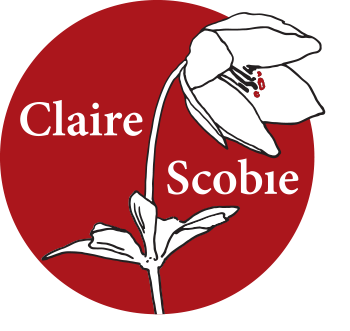14 Dec Last seen … with my writing buddy
 Whether you write for business or pleasure, whether it’s the odd travel article or a full-length book, it helps to have a community of other writers around you. Sometimes ‘talking shop’ with someone who understands your world can be a lifesaver.
Whether you write for business or pleasure, whether it’s the odd travel article or a full-length book, it helps to have a community of other writers around you. Sometimes ‘talking shop’ with someone who understands your world can be a lifesaver.
A couple of years ago, a writer friend and I tried to set up a writer’s group. I had grandiose ideas of it being like a Parisian salon where intellectuals and creatives could discuss their latest works. The first group lasted three months; the second fizzled out after our first meeting. So my friend and I gave up on the group and now we meet every few weeks. It works wonderfully. Usually we send some work to each other before meeting and then have a frank discussion over lunch.
We have very different writing styles, so there’s no competition. (For just how territorial writers can be, watch the hilarious British comedy Tamara Drewe set on a writer’s retreat in Dorset).
I’m now teaching travel memoir at Sydney Writers Centre. After my first five-week course finished, some of the group stayed in touch to inspire each other to get their projects completed. As I cheer them on from the sidelines, I remember the wise words of American writer, Amy Bloom, who compares writing buddies to water buddies who ‘keep you from drowning’.
‘Your water buddy reads your first draft, and your second… prevents you from changing tenses in the middle, from writing sentences that will make you cringe a day later,‘ writes Bloom. ‘People often come to love their water buddies. It turns out that almost anyone is better than the writer at catching mistakes, fielding errant metaphors and seeing the writer’s intention through the unfortunate sentence.’
Generally I wouldn’t ask your loved one to be your writing buddy. There are exceptions: William Dalrymple’s wife Olivia edits all his work; Monica Ali’s husband reads early drafts of her novels. What is important is that you trust their judgment.
Whoever becomes your writing buddy (or group), you want to decide how much to edit each other’s work. Sometimes all that’s needed is a sympathetic ear. But if you do want feedback, ensure that it’s constructive. Often it’s less about whether you like or don’t like the person’s writing, but how to fix the parts that don’t work. If there’s a large chunk of description, an obvious solution would be to suggest weaving it into the action.
None of us like criticism, especially when it’s accurate, but it’s much better that your writing buddy points it out, before your editor strikes a red line through it.
So, do you have a special writing buddy?
